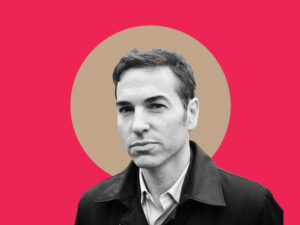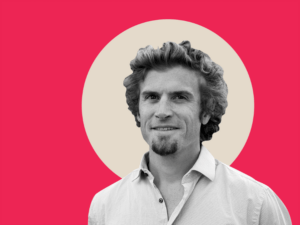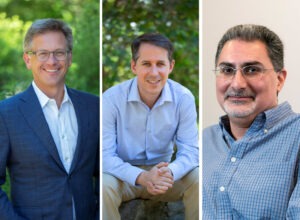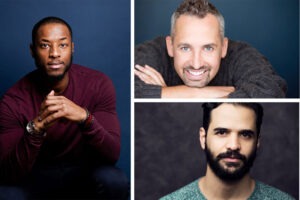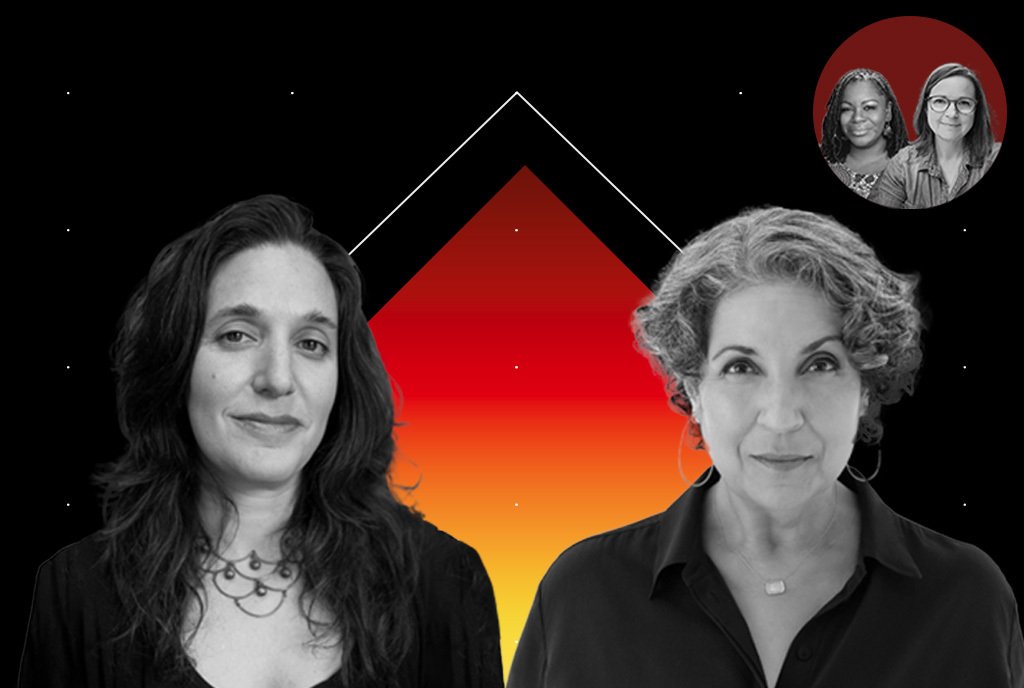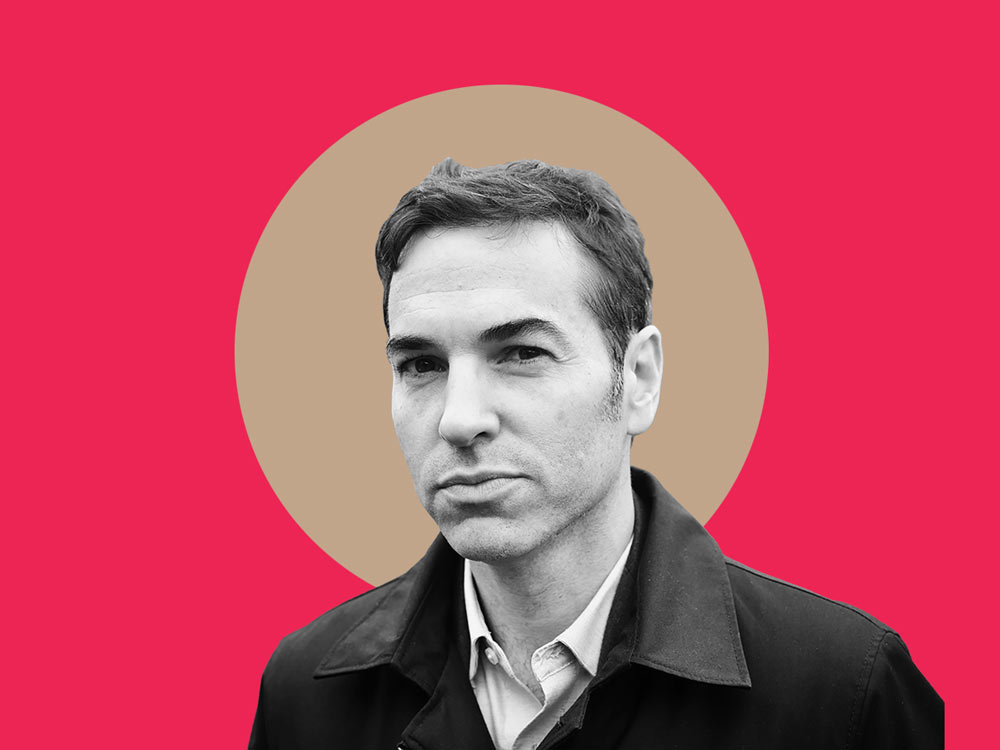Pablo Eisenberg is a long-time observer and outspoken critic of American philanthropy. “The same people get the benefits, the same people serve on boards, and the foundations have the same priorities they had a hundred years ago,” he tells us.
Eisenberg says those priorities don’t often help the neediest people — namely the poor, people of color, women and children at risk, and the disabled. “[They] are not getting more than a little piece of the philanthropic pie after all these years,” he says.

In fact, Eisenberg believes philanthropy and wealthy donors can actually do harm. “Philanthropy can be said to be furthering the gap between the haves and have-nots in our society. Academics have said that probably no more than 5 to 8 percent of all the money that philanthropy doles out actually goes to the neediest populations. I think that’s a very troubling indicator.”
Eisenberg is a senior fellow at the Center for Public and Nonprofit Leadership at the Georgetown Public Policy Institute. The Nonprofit Times once selected him as one of the 50 most influential people in the American nonprofit sector. In this podcast, he explains where the wealthiest donors are channelling their money, why small grassroots groups get less attention than large ones, and why it’s important to have more people — especially journalists — criticizing and investigating philanthropy and nonprofits.
Featured image credit: Kar Tr/Shutterstock.com
Sign up for our free newsletters
Subscribe to NPQ's newsletters to have our top stories delivered directly to your inbox.
By signing up, you agree to our privacy policy and terms of use, and to receive messages from NPQ and our partners.
Additional Resources:
Eisenberg in the Chronicle of Philanthropy:
On Inequity, Philanthropy Must Take Risks and Empower Workers
How Foundations Can Win the Fight Against Inequality
Eisenberg in Boston.com: Where is the leadership of the foundation community?
Humanosphere podcast: The growth of American philanthropy and inequality: A chat with Pablo Eisenberg


